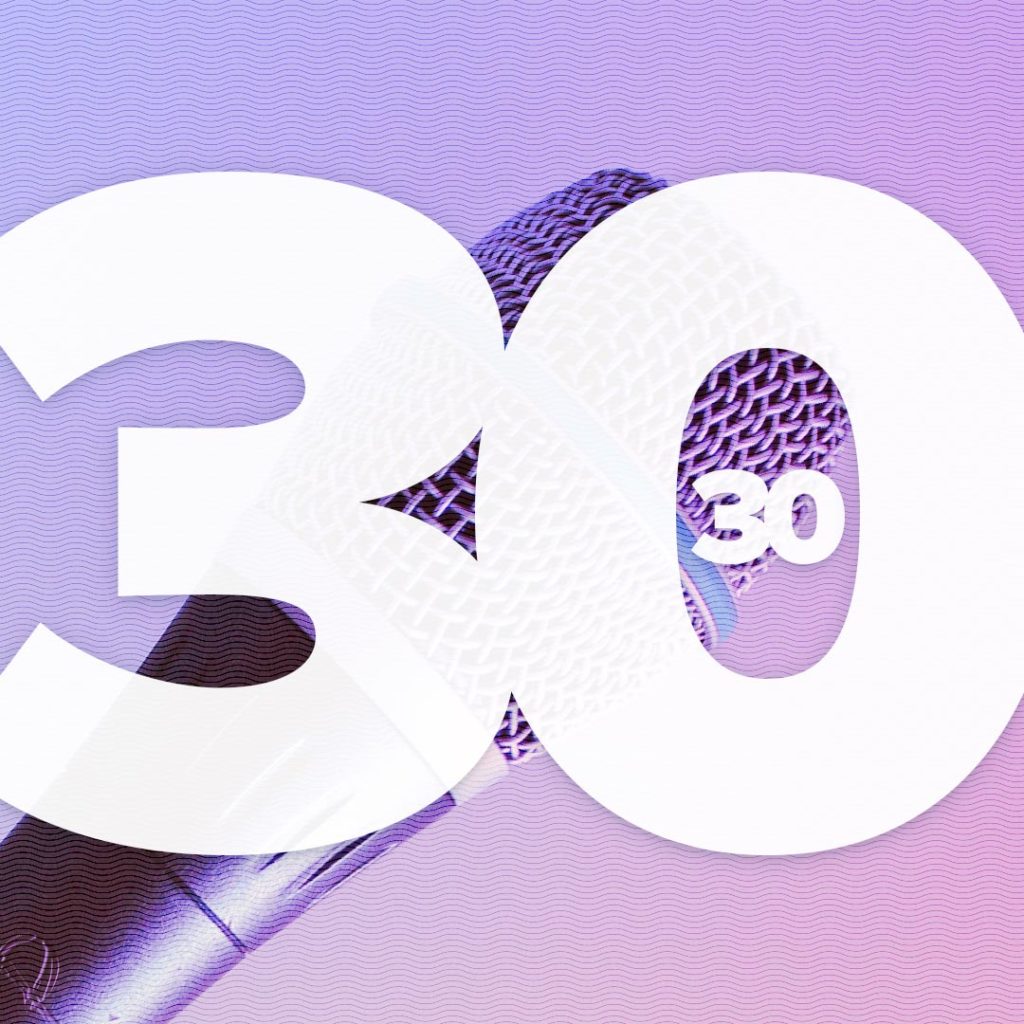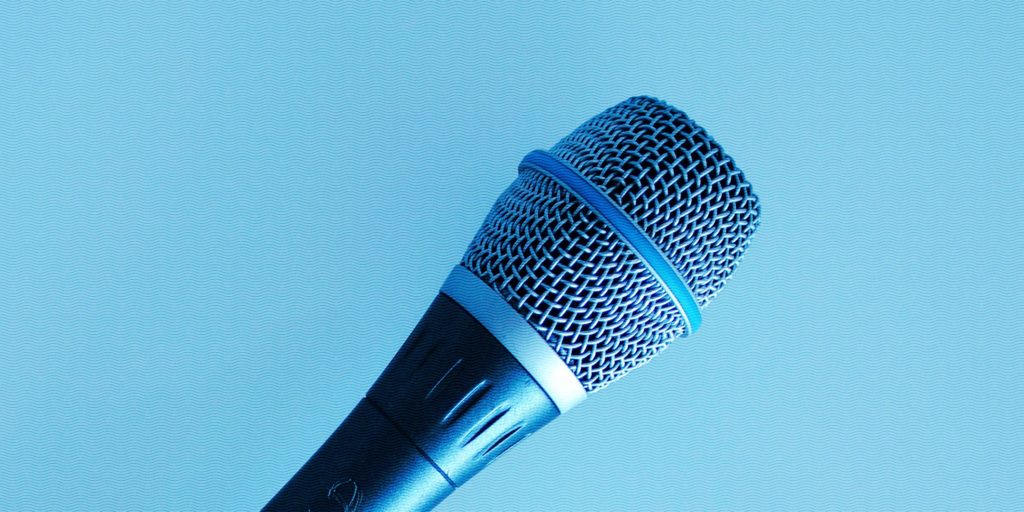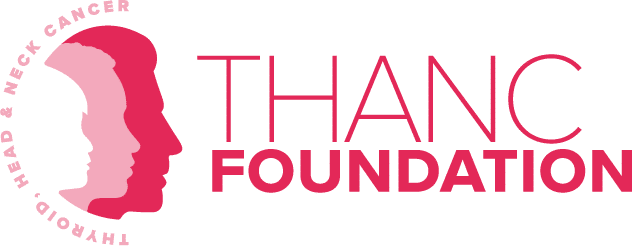
My cancer journey began with a simple toothache. As I kept an eye on it, I noticed a mass beginning to appear on the bottom of my tongue. I consulted an ENT specialist who took a biopsy and diagnosed the mass as cancer.
A surgeon—one who routinely dealt with head and neck cancer—performed the operation required to remove the cancer. The surgical team cut out part of my tongue and reconstructed it using some tissue from my left wrist. My tongue may not be what it used to be, but it gets me by, and I am fortunate to have maintained my ability to speak.
When my doctor first told me I had cancer, I feared the worst. But my surgeon confidently reassured me that he could totally remove the cancer and still reconstruct my tongue. Not only that, but he could also perform both parts of the operation during the same procedure without any delay in between.
I spent seven days in the ICU after surgery… The staff did their best, but those days were still challenging.
That lifted my spirits. The radiation and chemotherapy that followed made for a long road to recovery, but my doctors made sure I was fully informed of what to expect.
I spent seven days in the ICU after surgery. All of this happened during the peak of the pandemic, so my husband could only visit me four hours a day. I couldn’t talk at first, so my medical team gave me a whiteboard to write on. The staff did their best, but those days were still challenging. I remember feeling paranoid, with no concept of day or night. I felt alone.
During the end of my hospital stay, my husband fell ill with COVID. He went to the emergency room the same day they discharged me. Within a few days, I had also contracted the virus and went back to the hospital. Despite us both having COVID, the hospital could not permit us to see one another. His sickness eventually became too much for his body to fight, and he passed away. We had tackled every step of my journey together, and suddenly I lost him.
It happened all at once, and I didn’t know what to do next. Thankfully, I had friends and family who cared for me unconditionally. They reminded me that, unlike those forced to suffer through COVID alone, I had a support network. Throughout these last couple years of cancer treatment alongside the pandemic, I have always tried to keep that in mind.
Since my operation, I have learned some strategies that help me overcome my speech difficulties.
As of now, both myself and my medical team are pleased with my progress. My scans continue to look clean—no signs of cancer. Sometimes it takes me longer to eat and talk, but it doesn’t bother me that much anymore. Every week after the operation, I worked closely with a speech therapist to regain my ability to chew, swallow, and speak. Everyone on the team has worked to address my concerns, and for that I am grateful.
Since my operation, I have learned some strategies that help me overcome my speech difficulties. When I get excited, for example, I tend to talk quickly and literally feel as though I am tongue-tied. To correct this, I make sure to slow down and focus on what I am trying to say.
In terms of eating, soft and moist foods go down much easier. I always incorporate some sort of liquid, like a sauce or water, to help break down the food. I cannot eat as much in a single sitting, but a little portion control isn’t so bad! And if I can’t finish my entire meal, I’ll just save it for later. Ultimately, having to work harder to accomplish certain tasks has given me a greater appreciation for the little things.

Will You Share Your Journey?
April is Oral Cancer Awareness Month. As part of that theme, we post stories written by oral cancer survivors, caregivers and medical professionals for our 30 Stories in 30 Days™ campaign. The insights they share can help others along their journey.


